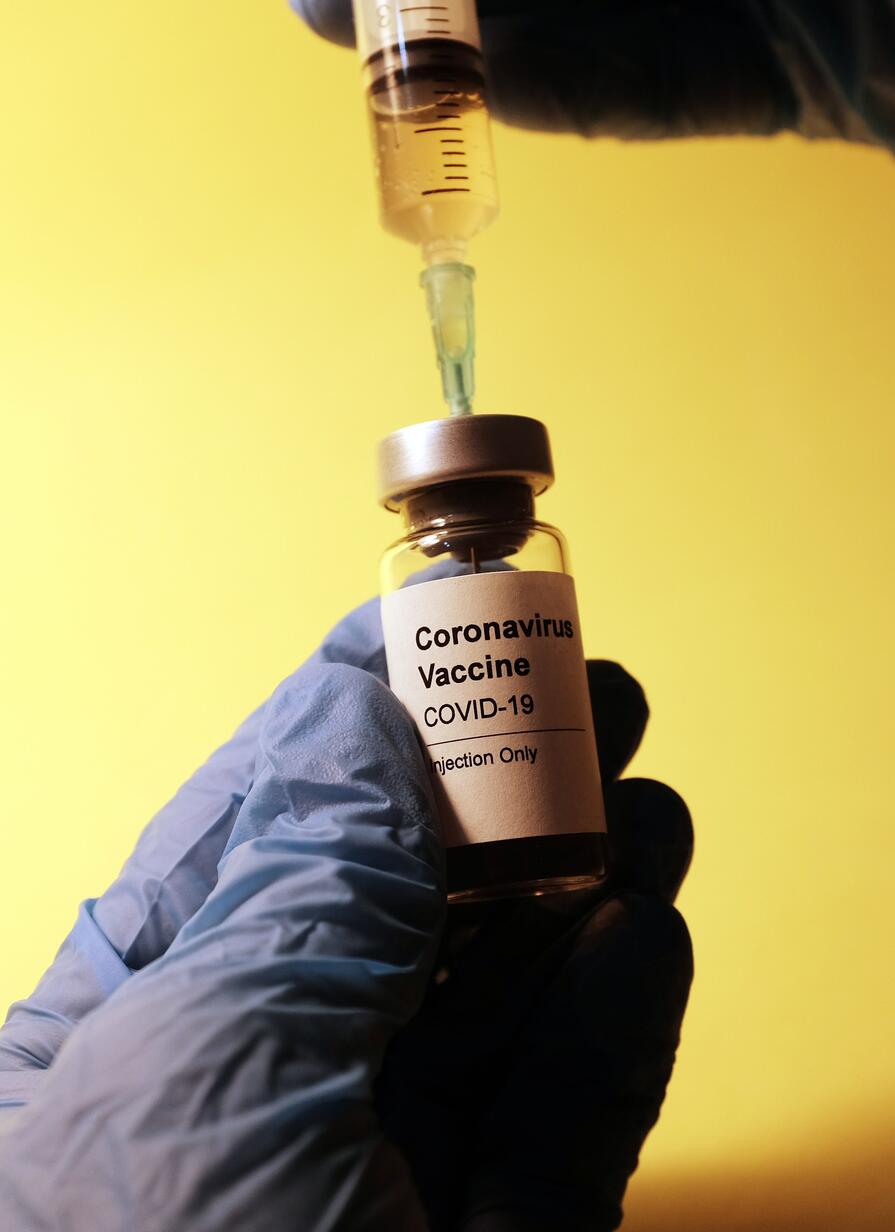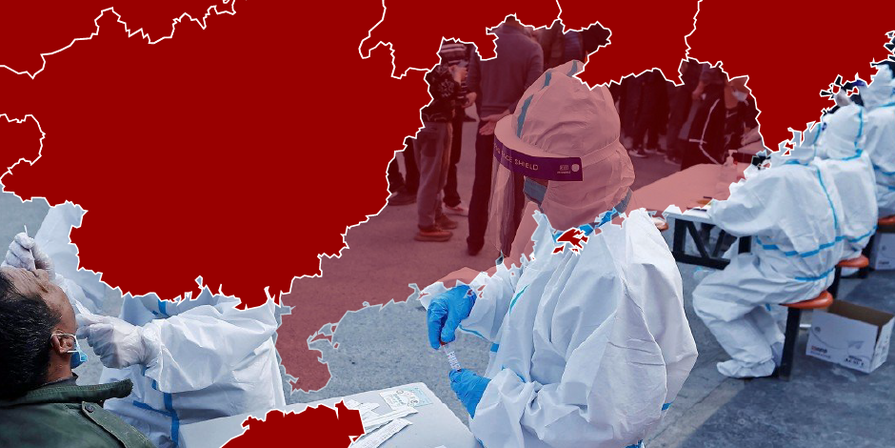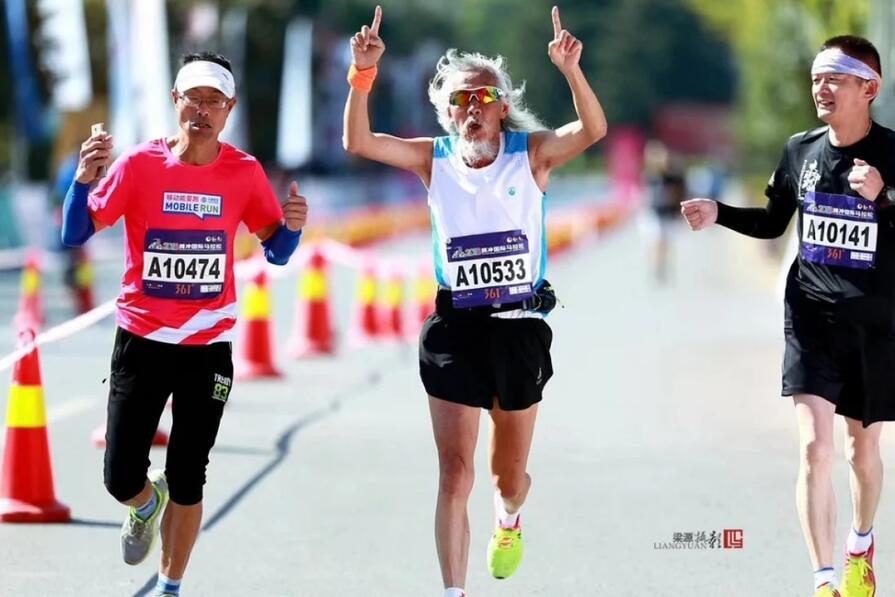Subscribe to our weekly newsletter to get it delivered straight to your inbox!
Vaccines have changed a lot since the first smallpox inoculations were practiced in China in the 1500s, and maybe as far back as 200 BCE, where scabs were ground up and blow into nostrils. Now pharmaceutical corporations around the world have been racing to develop (and sell) a COVID-19 vaccine faster than their competitors. At the time of this newsletter, there are seven different vaccines on the market with three more nearing approval. The U.S. and China may lead the world in both the number of different vaccines for sale and shots administered, but the approval of these vaccines by foreign governments may be partly driven by the strength of diplomatic ties as well as efficacy, cost, and the ease of storage and delivery. U.S. vaccines have been approved for use in 58 countries, mainly in Europe and the Middle East. Chinese vaccines have been approved in 11 countries, particularly those Latin American countries with which it has strong economic ties.
At the current rate of roughly 6 million shots adminstered a day globally (1.7 million/day in the U.S.), it's estimated that it will take five years for the world to reach 75% innoculation. Increased production of approved vaccines is esstential. Additional vaccines and particularly those which are easier to store and administer, could help. Covid-19 will continue to be a lethal threat. Just based on the impact through June 30, 2020, covid-19 reduced American life expectancy at birth by a year, the biggest drop in 75 years.
Click to expand.





